Libya’s interim govt. declares readiness for elections despite uncertainties
The Libyan government has declared its readiness to hold the country’s presidential election as scheduled on December 24 despite uncertainty that the vote will go ahead on time.
"We are ready for the election," Ramadan Abu Jnah announced, putting to rest speculation over the crucial vote.
Abu Jnah is serving as interim head of the UN-recognized government of national unity (GNU) since sitting premier Abdulhamid Dbeibah announced his bid for presidency.
Libya has been beset by violence and chaos since the overthrow and killing of its long-serving ruler Muammar Gaddafi following a bombing campaign by the US-led NATO military alliance in 2011.
The resulting chaos and factional divisions then escalated into a regional proxy war fueled by foreign powers, who poured weapons and mercenaries into the country.
After a long spell of violence lasting more than a decade, the war-torn North African country is set for a historic democratic transition.
The election process, however, has been undermined by divisions over the legal basis for the election, their dates, and who should be allowed to run, with a string of controversial figures stepping forward.
"The government has spared no effort to support the electoral commission (HNEC). We have the chance to make December 24 a historic day," Abu Jnah said.
"Nobody should deprive Libyans of this historic deadline and we will not let anybody do so," he emphasized at a press conference in Tripoli, flanked by senior ministers.
Abu Jnah also noted that the GNU’s transitional executive was "ready to hand over power to an elected government."
Earlier, Interior Minister Khaled Mazen called for the presidential vote to be held on time, and said his ministry had "carried out its work to protect and secure voting centres" despite "obstacles".
On Saturday, the coordinator of the UN mission in Libya, Raisedon Zenenga, met with elections commission chief Emad al-Sayeh to discuss the "current state and trajectory of the electoral process," the UN mission said in a statement.
He commended the commission for the progress it had made on technical preparations but "stressed the importance of addressing emerging political and technical challenges that could disrupt progress".
With less than two weeks to the election, candidate are yet to begin their campaigning amid reports that the election body has further put off the publication of a final list of qualified candidates.
The candidature of Saif al-Islam Gaddafi, the son of former longtime leader Muammar Gaddafi, and foreign-backed eastern commander Khalifa Haftar has also raised many eyebrows. Haftar is backed by the United Arab Emirates, Egypt, France, as well as the Israeli regime.
Libya's electoral process has long been troubled by disputes over who can qualify and the legal basis for the polls. Dbeibah admitted last month that the process is facing "huge" problems given the lack of consensus over a constitutional framework for the vote.
As of March, Libya had been split between two rival governments in the east and west. But the two sides finally reached UN-brokered ceasefire that backed the formation of the transitional government.
A year of relative peace in Libya followed the October 2020 ceasefire between warring eastern and western camps, but analysts warn that violence could easily flare again over the elections.
The December 24 poll intends to help the oil-rich North African country move past a decade of violence as the process has been undermined by many issues.
Haftar, who announced his bid for the presidency last month, has provisionally quit his military position in line with a controversial electoral law to allow him to run for president.
"I declare my candidacy for the presidential election, not because I am chasing power but because I want to lead our people toward glory, progress, and prosperity," Haftar claimed at the time.
"Elections are the only way out of the severe crisis that our country has plunged into," he added.
Haftar's announcement came two days after Seif al-Islam Gaddafi declared his own candidacy. Gaddafi is also a deeply controversial figure and is wanted by the International Criminal Court (ICC) for alleged war crimes.
While most Libyan and foreign figures involved in the election process have continued to publicly call for the polls to go ahead as planned, politicians, analysts and diplomats all insist in private that this would be very hard to achieve, according to reports.
Disputes over fundamental rules governing the election have continued throughout the process, including over the voting timetable, the eligibility of major candidates and the eventual powers of the next president and parliament.
The process of ruling on the eligibility of candidates has laid bare major vulnerabilities in the process. The commission initially ruled out 25 candidates and set a period of about two weeks for judicial appeals.
Rival factions have accused each other of intimidating or bribing judicial and administrative officials to sway the final list of candidates.
With armed groups controlling the ground across Libya, any election conducted without strong international monitoring would be open to accusations of fraud, believe experts.
The electoral commission said it was in contact with the Supreme Judicial Council and with a parliamentary committee and would adopt procedures based on those conversations before moving forward with the electoral process.
VIDEO | Press TV's news headlines
VIDEO | Islamabad hosts conference honoring martyrs of resistance
VIDEO | Venezuela remembers General Qassem Soleimani
Iran warns UN about Trump’s ‘consistent pattern of unlawful conduct’
Iran vows ‘swift, decisive, comprehensive’ response to any aggression after Trump threat
Israeli-approved ‘traders’ allowed to profit from Gaza aid barred from humanitarian NGOs: Report
VIDEO | 'America for Americans': Who decides who belongs?
VIDEO | Beyond the battlefield: General Soleimani’s strategic and diplomatic legacy




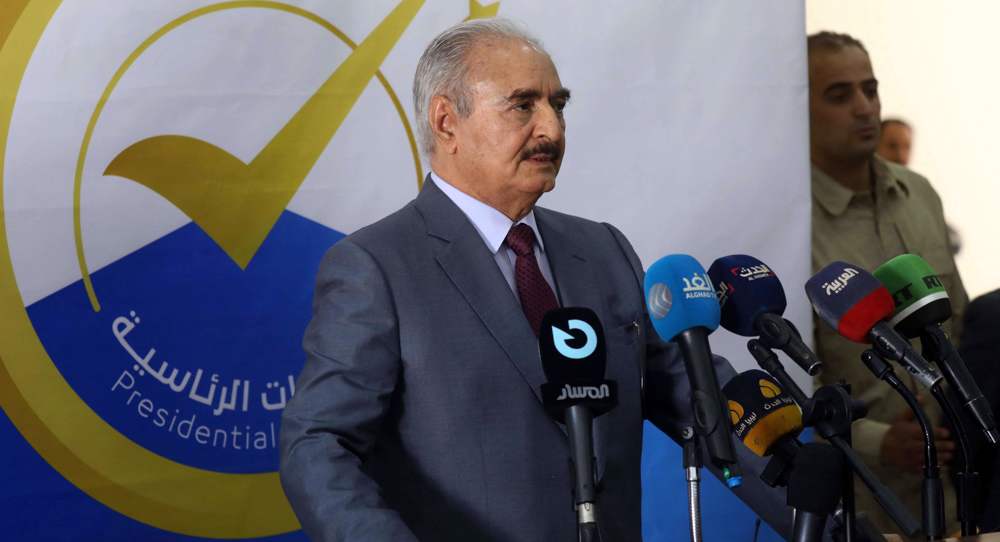

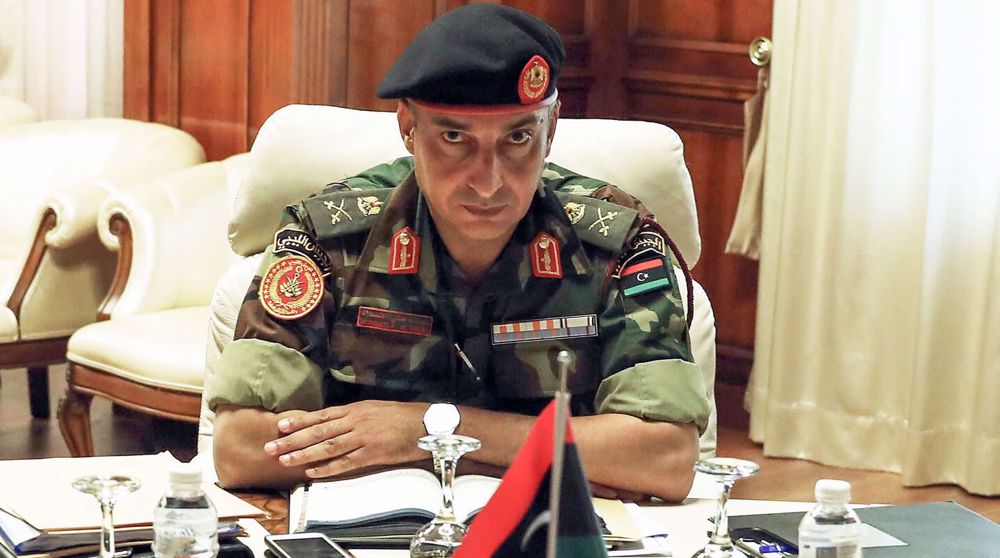
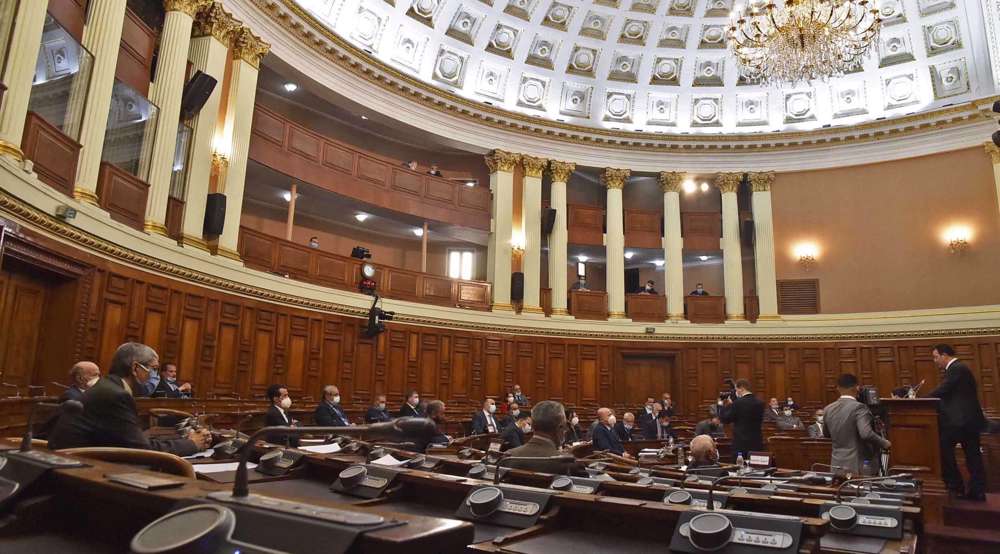
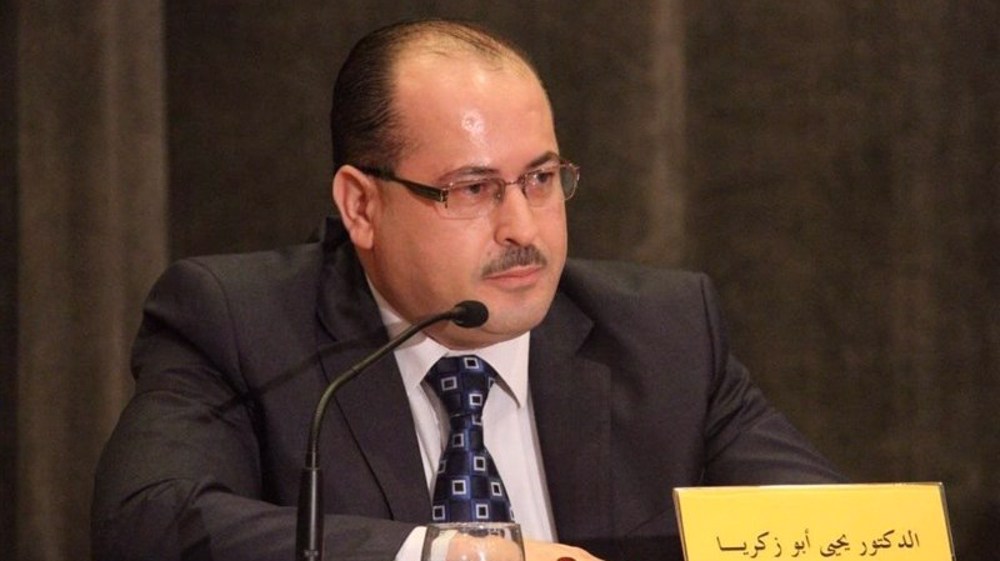



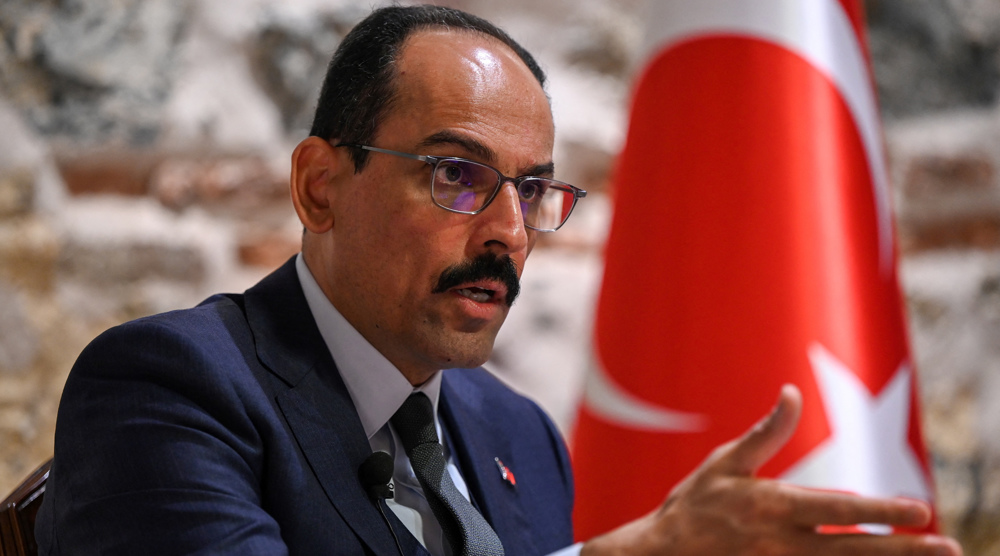
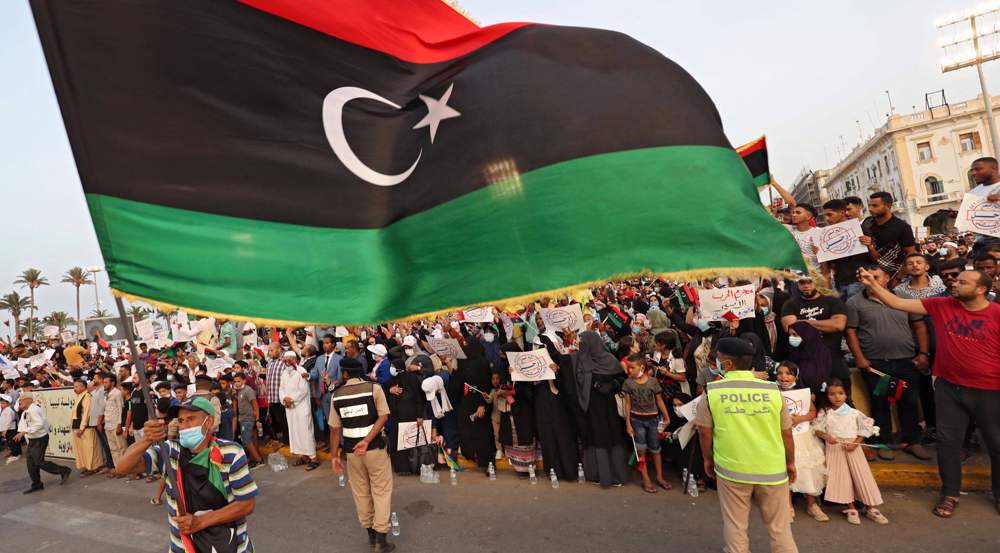

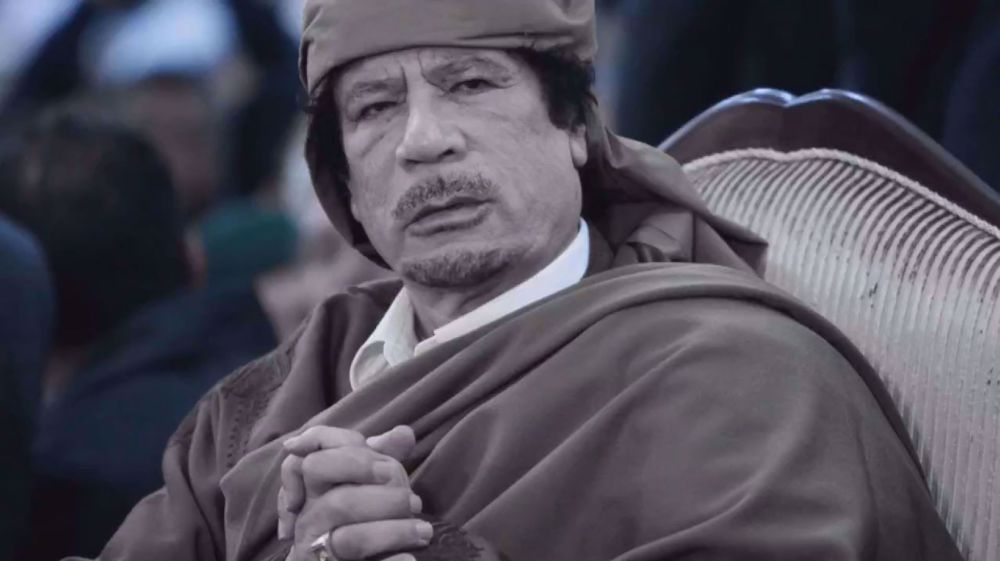

 This makes it easy to access the Press TV website
This makes it easy to access the Press TV website